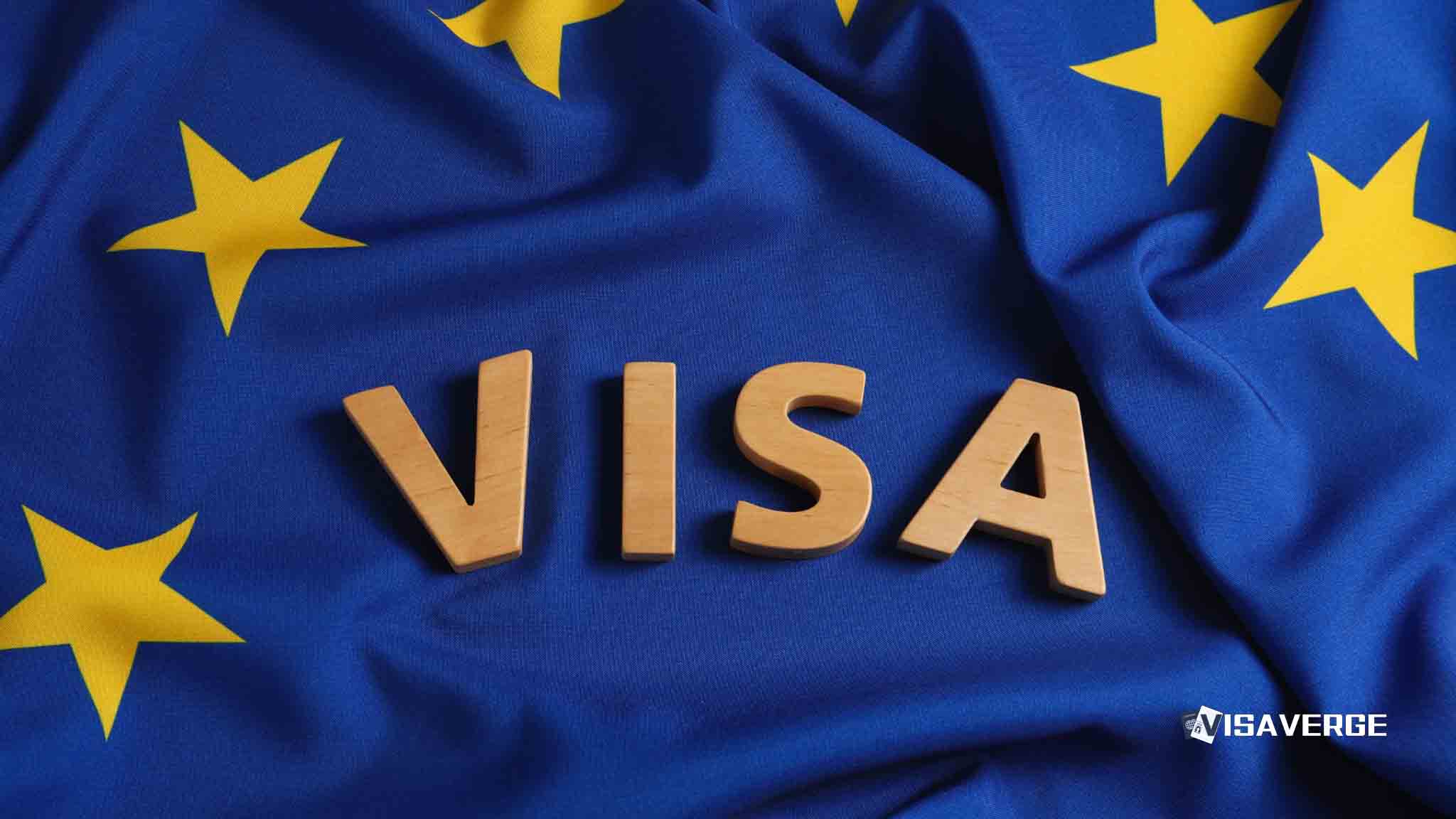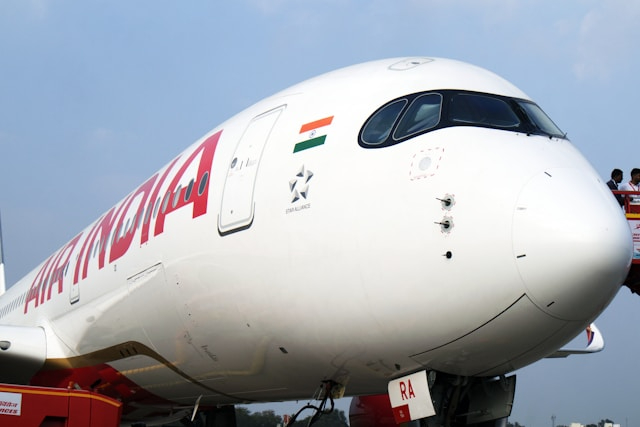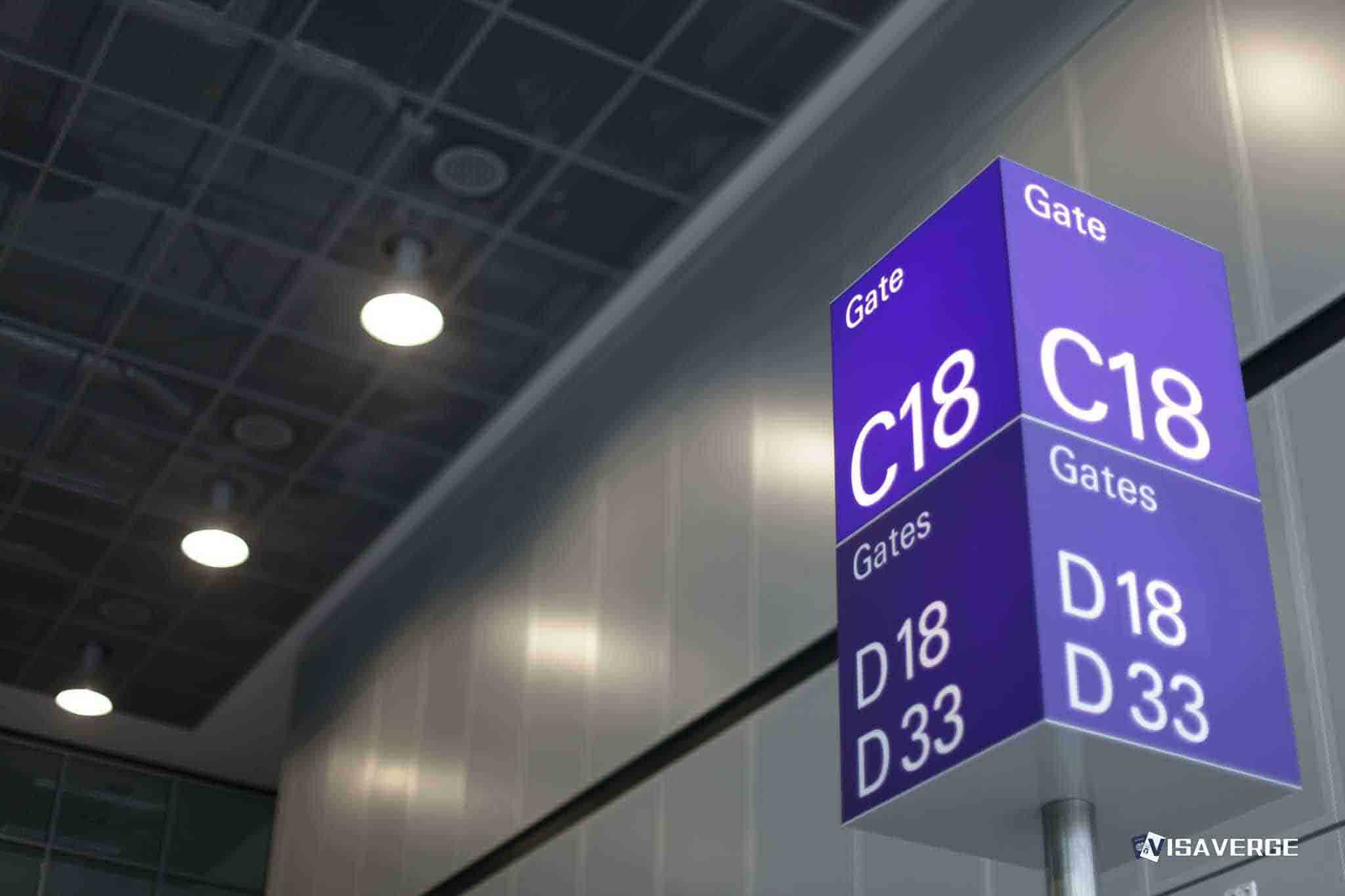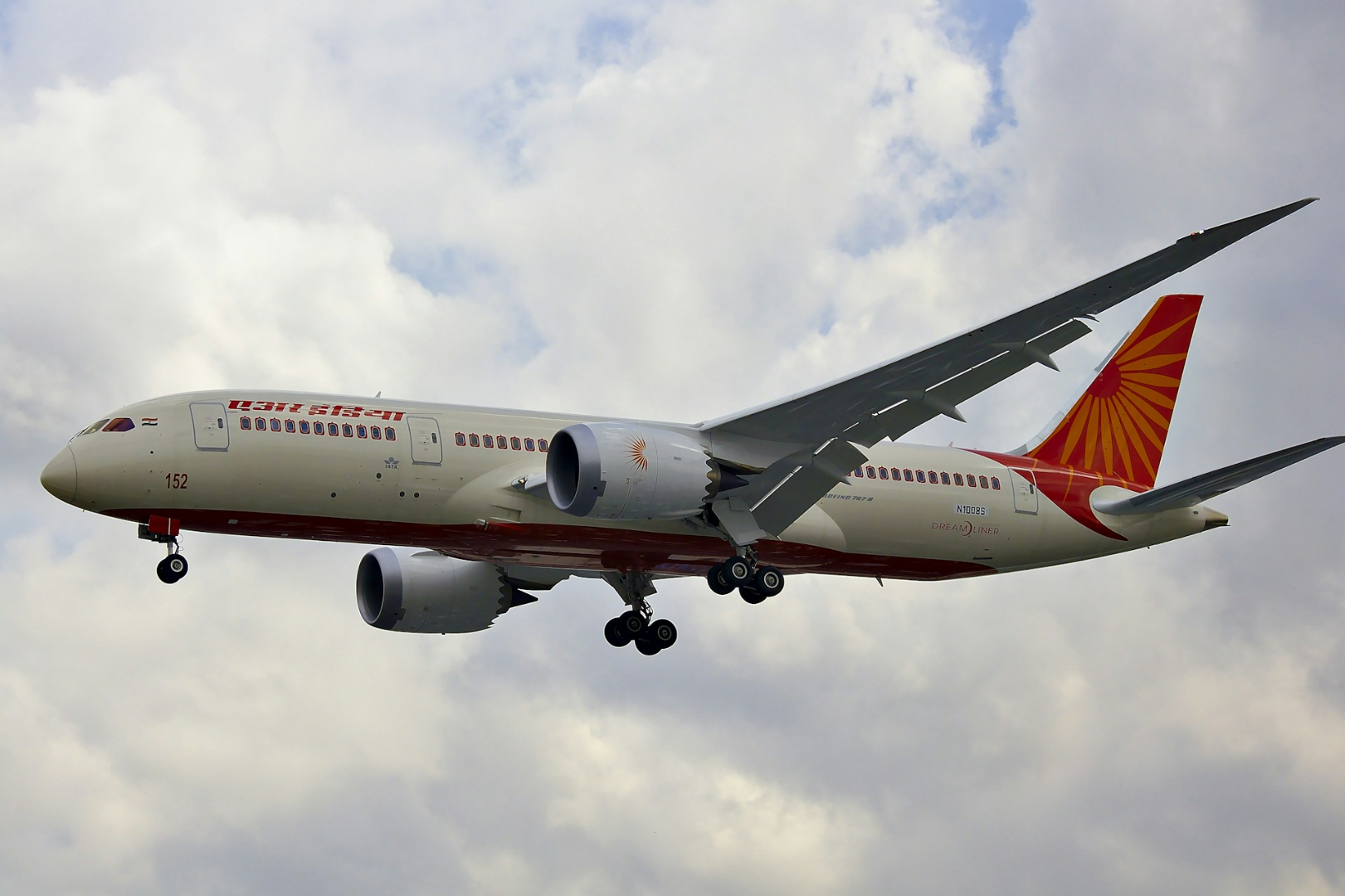Key Takeaways
• Spain fined five European airlines €179 million for abusive passenger fee practices on July 7, 2025.
• Ryanair received the largest fine of €107 million due to its 21.9% market share in Spain.
• Madrid High Court temporarily suspended fines pending legal review; airlines posted €110 million bank guarantee.
Spain Fines European Airlines €179 Million Over Passenger Fee Practices: What Travelers Need to Know
On July 7, 2025, Spain 🇪🇸 made headlines across Europe by imposing a record €179 million fine on five major European Airlines for what it called abusive passenger fee practices. This move, led by Spain’s Ministry of Consumer Affairs, marks one of the strongest actions ever taken in the European Union to protect airline passengers. The fines target airlines for charging extra fees for services that many travelers expect to be included in the ticket price, such as carry-on luggage, seat selection, and printing boarding passes. The decision has sparked a heated debate about passenger rights, airline business models, and the future of air travel in Europe.

Let’s break down what happened, why it matters, and how it could affect travelers, airlines, and the broader European aviation industry.
Who Was Fined and Why?
The Spanish Ministry of Consumer Affairs, under Minister Pablo Bustinduy, announced the fines after a lengthy investigation. The five airlines penalized are some of the biggest names in European low-cost travel:
- Ryanair: €107 million (the largest fine, reflecting its 21.9% market share in Spain 🇪🇸)
- Vueling: €39 million (Barcelona-based, owned by IAG)
- EasyJet: €29 million
- Volotea: €1.9 million
- Norwegian: €1.6 million
Together, these fines total €179 million. The Ministry accused these airlines of systematically charging passengers for basic services, especially carry-on luggage, which Spanish authorities say should be included in the ticket price. According to the Ministry, these extra fees create misleading fare structures and can especially hurt families, people with disabilities, and other vulnerable travelers.
What Are the Rules About Passenger Fees?
The heart of the issue is whether airlines can charge for things like carry-on bags. In 2014, the European Court of Justice ruled that airlines should not charge extra for cabin baggage that meets reasonable size and weight limits. Spain 🇪🇸 is the only country in the European Union that has fully banned these fees, arguing that they are unfair and go against consumer protection laws.
However, there is a conflict with another European law—EU Regulation 1008/2008—which gives airlines the freedom to set their own prices, including what they charge for different services. This has led to a tug-of-war between Spain’s national rules and broader EU regulations.
How Did the Airlines Respond?
The airlines strongly disagreed with the fines. They argue that charging for extras like carry-on luggage allows them to offer lower base fares, making air travel more affordable for millions of people. The Airlines Association (ALA), which represents many of these carriers, welcomed a recent court decision that temporarily suspended the fines. The ALA says that their fee structures are legal under EU rules and that the extra charges help keep ticket prices low for everyone.
On June 30, 2025, the Madrid High Court of Justice stepped in and temporarily suspended the fines. This means the airlines can keep charging for carry-on luggage and other services while the legal process continues. However, the airlines must post a bank guarantee of up to €110 million to cover the fines in case they lose the case later.
What Does This Mean for Travelers Right Now?
For now, travelers flying with these five European Airlines in Spain 🇪🇸 should expect to pay extra for carry-on bags, seat selection, and printed boarding passes, just as before. The legal fight is ongoing, so nothing has changed yet for passengers booking flights in or out of Spain 🇪🇸.
However, the case has brought a lot of attention to the issue of airline fees. Many travelers have complained for years about “hidden” costs that make it hard to compare ticket prices. If Spain 🇪🇸 wins its case, airlines may have to change their fee policies—not just in Spain 🇪🇸, but possibly across Europe.
Key Points for Travelers:
- Carry-on baggage fees remain in place for now on Ryanair, Vueling, EasyJet, Volotea, and Norwegian flights in Spain 🇪🇸.
- Seat selection and boarding pass printing may also cost extra.
- Legal uncertainty means policies could change quickly, so check the latest rules before booking.
- Families, people with disabilities, and those needing special assistance may be most affected by extra fees.
Why Did Spain 🇪🇸 Take This Step?
Spain’s Ministry of Consumer Affairs says the fines are about protecting travelers from unfair and confusing pricing. Minister Pablo Bustinduy points to the 2014 European Court of Justice ruling, which says airlines should not charge extra for reasonable hand luggage. The Ministry argues that charging for basic services is misleading and can make it hard for people to know the true cost of a flight.
The Ministry also says that these fees hit vulnerable groups the hardest. For example, families with young children may need to bring more items on board, and people with disabilities may need extra help. By banning these fees, Spain 🇪🇸 hopes to make air travel fairer and more transparent.
How Does This Fit Into European Law?
This case highlights a big debate in Europe about who gets to set the rules for airlines—the European Union or individual countries like Spain 🇪🇸. While Spain 🇪🇸 has banned carry-on baggage fees, most other EU countries allow airlines to charge whatever they want, as long as the fees are clear and upfront.
The European Parliament’s Transport Committee has called for a ban on carry-on baggage fees across the EU, saying hand luggage is a basic part of air travel. However, the EU Council (which represents member governments) supports airlines’ right to charge for extras. The final decision will come down to a vote in the European Parliament, which could set a single rule for all EU countries.
What Are the Airlines’ Arguments?
Airlines say that charging for extras like carry-on bags, seat selection, and printed boarding passes is a key part of their business model. By offering a low base fare and letting passengers choose which extras they want, airlines say they can keep ticket prices low and give travelers more choice.
The Airlines Association (ALA) says that more than 50 million passengers a year benefit from these low fares. They argue that banning extra fees would force airlines to raise ticket prices for everyone, even those who travel light and don’t need extra services.
What Do Consumer Groups Say?
Consumer advocates and the Spanish Ministry of Consumer Affairs argue that these fees are often hidden or unclear, making it hard for people to compare prices. They say that many travelers are surprised by extra charges at the airport, especially if they didn’t read the fine print when booking online.
Consumer groups want clearer rules that make it easy for people to see the full cost of a flight before they buy a ticket. They also want to protect vulnerable travelers from being hit with unexpected fees.
What Happens Next?
The legal process in Spain 🇪🇸 is still ongoing. The Madrid High Court of Justice has only temporarily suspended the fines, and a final ruling is expected in the coming months. This decision will be important not just for Spain 🇪🇸, but for all of Europe.
At the same time, the European Parliament is debating whether to ban carry-on baggage fees across the EU. If Parliament votes for a ban, airlines in all EU countries would have to include hand luggage in the ticket price.
Spain 🇪🇸 is also investigating a sixth low-cost airline for similar fee practices, though the name of the airline has not been made public yet. More fines could follow if the investigation finds similar problems.
What Are the Broader Implications?
This case could change the way airlines do business in Europe. If Spain 🇪🇸 wins, airlines may have to rethink their fee structures and include more services in the ticket price. This could make it easier for travelers to compare prices and avoid surprises at the airport.
However, airlines warn that banning extra fees could lead to higher ticket prices for everyone. They say that their current model allows people to pay only for the services they want, keeping costs down for budget travelers.
For now, the situation remains uncertain. Travelers should stay informed about the latest rules and be prepared for possible changes in airline fees.
What Should Travelers Do?
If you’re planning to fly with a European low-cost airline in Spain 🇪🇸, here are some practical tips:
- Check the airline’s website for the latest fee policies before booking.
- Read the fine print about what is included in your ticket price.
- Pack light if possible to avoid extra baggage fees.
- Print your boarding pass at home to avoid airport printing charges.
- Contact the airline in advance if you need special assistance or are traveling with children.
If you feel you’ve been charged unfairly or misled about fees, you can file a complaint with the Spanish Ministry of Consumer Affairs. The Ministry’s official website provides information on how to submit a complaint and what rights you have as a passenger. You can find more details on consumer rights and complaint procedures on the Spanish Ministry of Consumer Affairs website.
How Does This Affect Immigration and Mobility?
For immigrants, international students, and people who travel frequently between countries, these airline fee policies can have a big impact. Many people rely on low-cost airlines to visit family, attend school, or work in different countries. Extra fees for basic services can add up quickly, especially for those on tight budgets.
If Spain 🇪🇸 succeeds in banning these fees, it could make travel more affordable and predictable for immigrants and other frequent travelers. On the other hand, if airlines respond by raising base fares, some people may find it harder to afford air travel.
Analysis from VisaVerge.com suggests that the outcome of this case could set a precedent for other countries in the European Union. If Spain 🇪🇸 is able to enforce its ban on extra fees, other countries may follow suit, leading to more uniform rules across Europe. This would make it easier for travelers to know what to expect, no matter which airline or country they’re flying with.
What Are the Risks for Airlines?
For airlines, the stakes are high. Ryanair, which has the largest market share in Spain 🇪🇸, faces the biggest financial risk. If the fines are upheld, the company could be forced to pay €107 million and change its business model. Other airlines, like Vueling and EasyJet, also face significant penalties.
Industry analysts say that airlines with a strong presence in Spain 🇪🇸 are most at risk. However, airlines that operate in many different countries may be better able to adapt to changing rules. The ongoing legal uncertainty also makes it harder for airlines to plan for the future and invest in new routes or services.
What Should Airlines and Policymakers Do?
Airlines will need to keep a close eye on the legal process in Spain 🇪🇸 and the upcoming vote in the European Parliament. They may need to adjust their fee structures and improve transparency to avoid further fines and legal challenges.
Policymakers in Spain 🇪🇸 and across Europe will need to balance consumer protection with the need to keep air travel affordable and competitive. Clear, simple rules that apply across the EU could help reduce confusion and make air travel fairer for everyone.
Conclusion: A Turning Point for European Air Travel
Spain’s record fine against five major European Airlines has put the spotlight on passenger fee practices and the rights of travelers. The outcome of this case will have major implications for airlines, consumers, and the future of air travel in Europe. For now, travelers should stay informed, read the fine print, and be prepared for possible changes in airline fees.
As the legal process continues, all eyes are on Spain 🇪🇸 and the European Union to see how they will balance airline business models with the need to protect passengers from unfair and confusing fees. The result could shape the way millions of people travel across Europe for years to come.
Learn Today
Carry-on luggage → Small bags passengers bring aboard the plane without checking, subject to size and weight limits.
Consumer Affairs Ministry → Spanish government body responsible for protecting consumer rights and overseeing airline fee investigations.
EU Regulation 1008/2008 → European law allowing airlines freedom to set prices for different services, including extra fees.
Bank guarantee → Financial security airlines must post to cover potential fines during legal disputes.
Passenger fees → Charges airlines impose for services like seat selection, baggage, and boarding pass printing.
This Article in a Nutshell
Spain imposed a record €179 million fine on five airlines for charging extra fees on carry-on luggage and services. The legal battle over these fees continues, affecting millions who rely on low-cost carriers for affordable travel across Europe, with significant changes possibly ahead.
— By VisaVerge.com








